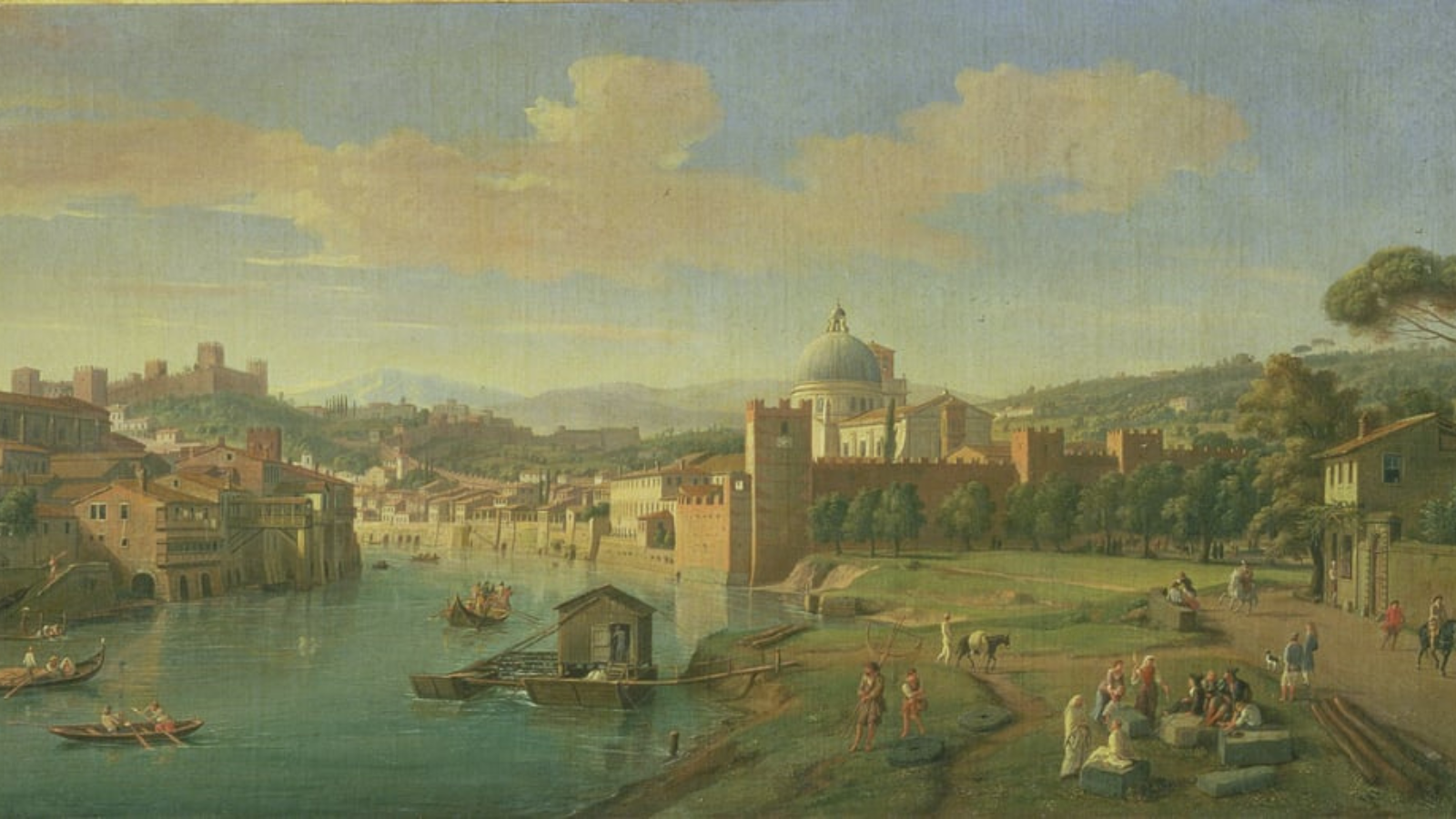It started with the realisation that I can’t mention a single historical event happened in Italy in the 17th century. Being vain about my historical knowledge all in my life, especially when it comes to the early modern period in European history, I was a little confused. There is no way, that nothing worth mentioning happened there and then.
It’s Italy, after all.
Even when I look at the program of Giro d’Italia every year, the names of the start and finish places remind me plenty of stories from the past. In contary to France, where it’s predominantly about Paris and the places near to the country’s border, Italy is much more decentralised when it comes to the historical significance of certain places.
And more urban. Oh, those medieval independent or-semi independent city stages! Not only the best known ones, like Florence, Venice, Milan or Genoa, but plenty of smaller ones. In an urbanised enviroment there are more public and private records than in a traditional rural culture, which gives the impression these places have richer history. No wonder that the phenomenon historians called later the “Renaissance” is so deeply connected to Italy and its biggest city states.
This makes our question even more curious: but what the heck happened in the 17th century?
Something must have been.
And so, as the program of Giro d’Italia 2024 was revealed, I decided, that as part of the preparation to the race as cycling blogger,
I challenge myself to read as much as possible about the history of Italy,
especially about what happened in the 17th century.
Also, with a bit more focus on the places being part of the route. (But not only on their history from the 17th century.)
But this little personal challenge might be a little trickier as it sounds. First, since I left my life as professional literary critic and (kind of a) scholar behind (sort of), my reading habits became much more whimsical. I originally wanted to start this project at the end of the last year, but I became distracted by the stories about London during the Wars of Roses. Also, now, since I watched the tv series SAS Rogue Heroes which is about the founding members of the SAS operating in the desert of North-Africa during 1941-42, I’m fully into their stories. Not to mention my eternal obsession with the late 18th-early 19th century time period, and also the other special projects of PelotonTales related to the era of a century later requiring a lot of reading.
But I hope, that my constant admiration towards Italy will help me to stick to my idea.
On the other hand, there are rather a few books focusing exactly on the 17th-centurian Italy, much more about the early modern period including also this particular century. (Partially, because, as it turned out, there is really a sort of a decline in this time period in Italian history.) This forces me to adjust myself to a bit wider context.
And one more important thing.
Trying avoid any kind of misunderstanding: this little challenge of mine is not a scholarly research. Although I have a non-completed PhD in literary history, I was never really a scholar in a traditional way. (That’s why I abrupted my training, I felt very unconfortable to be labeled as something what I’m really, really really not.) I have nothing to do with academic institutes or any other public office related to culture. (Even in my time as literary critic I was working deliberately as free lance journalist.) I’m an online content creator with a special interest. A bookworm and history nerd who reads a lot. A really, really lot. And who is always thinking about new ways how to use her reading habits to create interesting content.
So, long story short, this post intends to explain, why readers of PelotonTales blog sometimes can bump into content from other historical time periods nothing to do with road cycling history.
If you like what I’m doing you can also support PelotonTales blog with a small donation.
Thank you for your support!
Or you can subscribe to my Patreon page, where you can read longer posts by me, less factual, rather more essayistic in a traditional Montaigne-ish way, but always related to road cycling history in some way.
